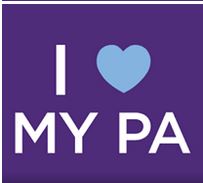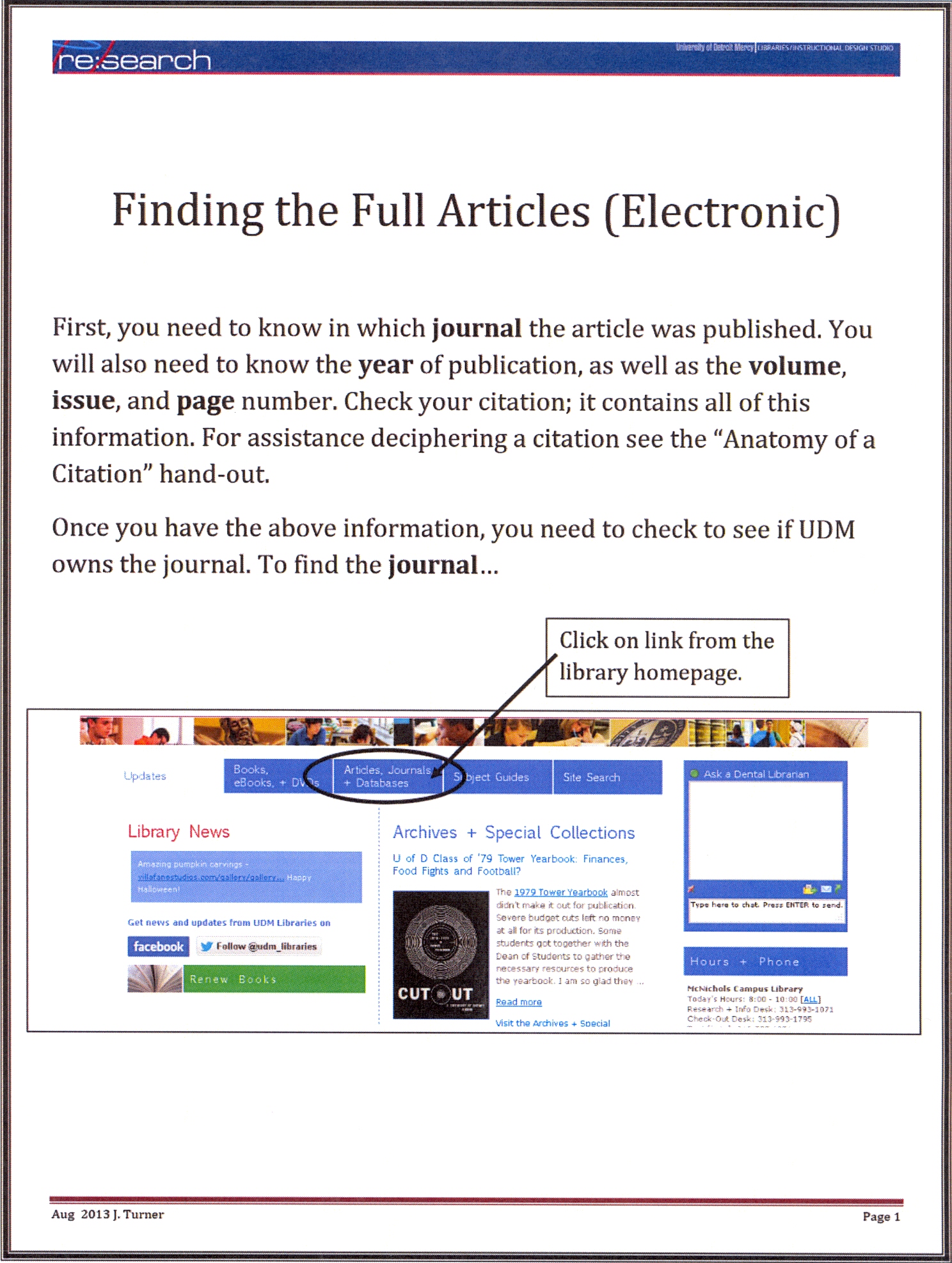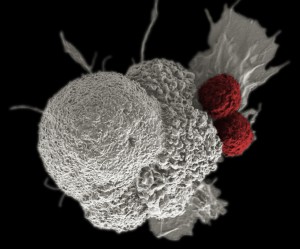Textbooks in the Library
 Whenever possible, I try to purchase your required textbooks electronically. Nursing and Medical texts are EXPENSIVE as you are well aware, I’m sure. So, if I can save you a few hundred dollars, I will do that. If I can’t get them electronically for one reason or another, I will purchase a print copy. Most of the time, the book cannot be checkout but it needs to be used in the library. I realize that is not very convenient; however, it does ensure the book is available in a fairly timely manner for all students.
Whenever possible, I try to purchase your required textbooks electronically. Nursing and Medical texts are EXPENSIVE as you are well aware, I’m sure. So, if I can save you a few hundred dollars, I will do that. If I can’t get them electronically for one reason or another, I will purchase a print copy. Most of the time, the book cannot be checkout but it needs to be used in the library. I realize that is not very convenient; however, it does ensure the book is available in a fairly timely manner for all students.
If I am able to purchase the textbook as an eBook, I will bookmark it on the Books/eBooks tab on the nursing or PA page. In addition to textbooks, I have bookmarked direct links to various other eBooks and reference books that may be useful to you. eBooks such as Advanced Assessment (Goolsby), The Medical Interview, 5-Mionute Clinical Consult, Davis’s Drug Guide, Davis’s Comprehensive Handbook of Laboratory and Diagnostic Tests, Nursing Diagnosis, and more.
If you have any questions about how to use the eBooks or access issues, please contact me.
Have a great term!
Jill





 You may not have noticed yet, but the Detroit Mercy Libraries have a new library catalog. Yet, it is so much more than just an online catalog. The new system will make searching for library resources like books and journals much easier, but also, finding full articles will be much simpler than before. The system (called Primo) went “live” yesterday, so there are quite a few bugs that need to be worked out and corrected over the next few weeks. Stay tuned for further information and tips and tricks for using the new system.
You may not have noticed yet, but the Detroit Mercy Libraries have a new library catalog. Yet, it is so much more than just an online catalog. The new system will make searching for library resources like books and journals much easier, but also, finding full articles will be much simpler than before. The system (called Primo) went “live” yesterday, so there are quite a few bugs that need to be worked out and corrected over the next few weeks. Stay tuned for further information and tips and tricks for using the new system.


